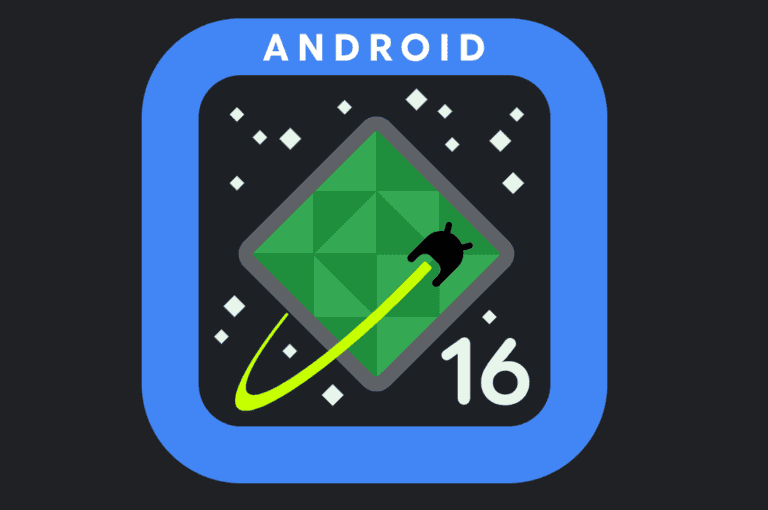Android 16 is not expected until the second quarter of 2025. Google has just made Developer Preview 1 of the new version available. What does it add?
As the name suggests, this preview of Android 16 is not yet intended for general consumption. Instead, the early version gives developers for the first time a chance to test their applications with the new OS, which is set to arrive earlier than usual. Google evidently wants to sync up the launch of the latest Pixel phones back with the debut of a new Android version, a very welcome decision.
Developer Preview 2 will follow in December, after which four beta versions will appear on a monthly basis from January to April 2025. But what should developers prepare for?
Privacy focus
Settings in Android 16 will be much more adaptive than before. For example, users can make their screen even less bright than the usual setting allows, and there is a new experimental color mode as well. According to the first Developer Preview users, the screen looks yellowish with this setting, almost like Night Light is on. One can only speculate on its intended use, but one may be to preserve display quality while reducing blue light emission.
App developers will have to contend more with the newly introduced notification cooldowns. Devices faced with a flood of notifications will end up with a reduced volume and will show fewer notifications for two minutes. New notifications will still be found after a swipe from the top of the screen, where they have always been. Developers may want to arrange their notifications differently, such as separating them for a few minutes where possible.
A significant addition is a privacy dashboard. Through this section of the settings, users can see which apps have location permissions, are allowed to use the microphone, and more. This keeps it clear precisely what apps can ascertain from the end user without having to remember it. A pie chart is visible via a dropdown for the past 24 hours and 7 days.
Sharing audio and health data
Sharing audio with other devices is now possible on Google Pixel 8 and 9 via Developer Preview 1. This allows users to listen to videos or music together without needing to share or hand over their Bluetooth earbuds or headphones.
Data sharing also impacts developers. From now on, apps focused on health will be able to customize and share more medical data via Health Connect. However, this data must be in FHIR (Fast Healthcare Interoperability Resources) format. Previously, only fitness data could be adjusted, but now app makers can include vaccine data, lab results, and more.
Finally, Android 16’s codename has been revealed: Baklava. As always, Google has chosen a type of food to designate a new OS version, although this choice has not been prominently featured for years.
